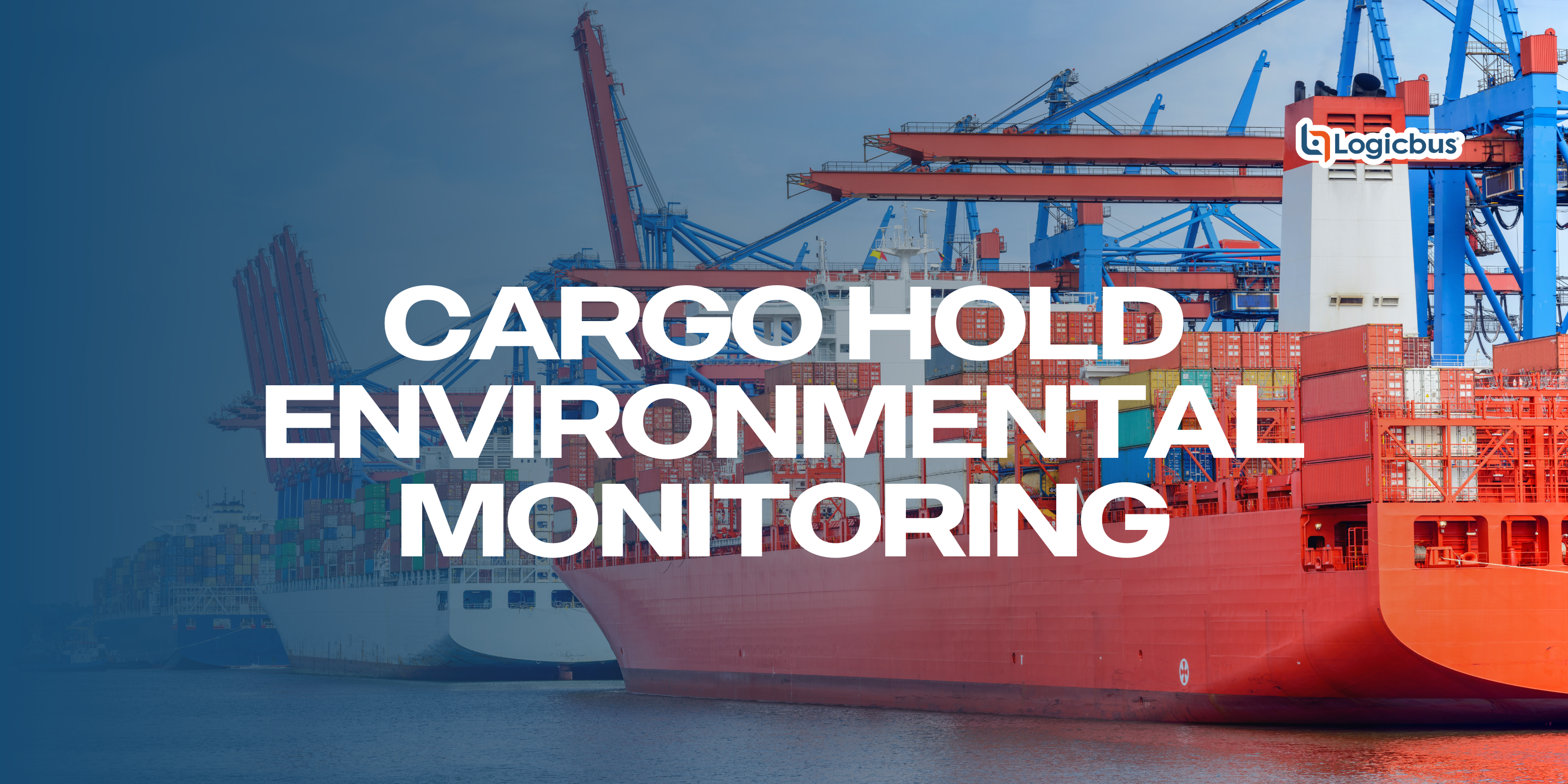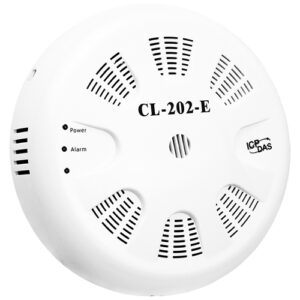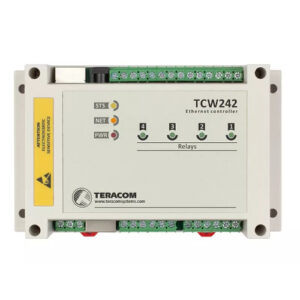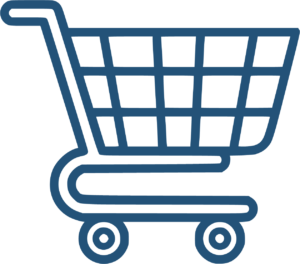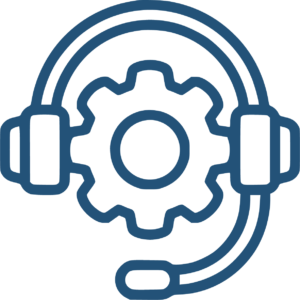How It Works
1. Environmental Measurement 
The foundation of an effective cargo hold monitoring system is real-time environmental measurement. Sensors like the CL-202-E from ICP DAS are deployed strategically throughout the cargo hold to track key parameters such as temperature, humidity, and CO2 levels. These sensors provide continuous, accurate data to ensure all conditions remain within predefined safety thresholds.
2. Data Logging and Centralization
The data collected by the CL-202-E sensors is recorded and centralized in data loggers. These devices not only track environmental trends over time but also maintain historical records essential for audits and compliance reporting. This logging capability ensures that operators have access to a complete history of environmental conditions, demonstrating adherence to industry standards.
3. Centralized Monitoring
The data gathered from the sensors is visualized on an industrial computer equipped with an intuitive dashboard interface. This system allows operators to monitor real-time environmental conditions remotely, enhancing situational awareness and enabling proactive interventions. The dashboard provides a comprehensive view of critical metrics, ensuring no parameter goes unchecked.
4. Automated Alerts and Adjustments 
Modern systems incorporate automated alert mechanisms that notify operators immediately if environmental conditions deviate from acceptable levels. For instance, if temperature or humidity rises beyond safe limits, the system triggers notifications to the crew. Additionally, the TCW242 from Teracom, equipped with RS485 connections and relay outputs, can automate corrective actions. This includes adjusting ventilation or cooling systems to restore optimal conditions without manual intervention.
5. Analysis and Compliance
Beyond real-time monitoring, the system’s software tools generate detailed reports on environmental trends. These insights help operators optimize environmental controls, maintain compliance with regulatory requirements, and improve overall operational efficiency. The reports also serve as documentation for audits, highlighting the reliability and robustness of the monitoring system.
Advantages of Cargo Hold Environmental Monitoring
- Preserves Cargo Quality: Ensures goods remain in ideal conditions throughout transport, preventing spoilage and degradation.
- Ensures Compliance: Meets stringent industry regulations, particularly for sensitive goods such as pharmaceuticals and food products.
- Automates Corrective Actions: Reduces the need for manual intervention by automating responses to environmental changes.
- Enhances Visibility: Provides real-time insights into cargo conditions, improving decision-making and operational efficiency.
- Supports Data-Driven Decision Making: Historical data analysis enables better planning and optimization for future shipments.
Why Choose Advanced Environmental Monitoring Solutions?
Investing in a robust environmental monitoring system is essential for industries reliant on cargo transportation. With tools like the CL-202-E and TCW242, operators can ensure the safe delivery of sensitive goods while enhancing operational efficiency and compliance. These systems represent the cutting edge of technology in cargo logistics, offering peace of mind and a significant return on investment.
Conclusion
The transportation of sensitive goods demands precision and reliability, which is why environmental monitoring systems have become indispensable in the logistics sector. By leveraging advanced sensors, centralized data monitoring, and automated controls, companies can not only protect their cargo but also enhance operational efficiency and regulatory compliance. Embracing these technologies ensures the integrity of goods, builds customer trust, and positions businesses as leaders in quality-driven logistics solutions.
sales@logicbus.com | support@logicbus.com | +1 619 616 7350 | Start conversation

